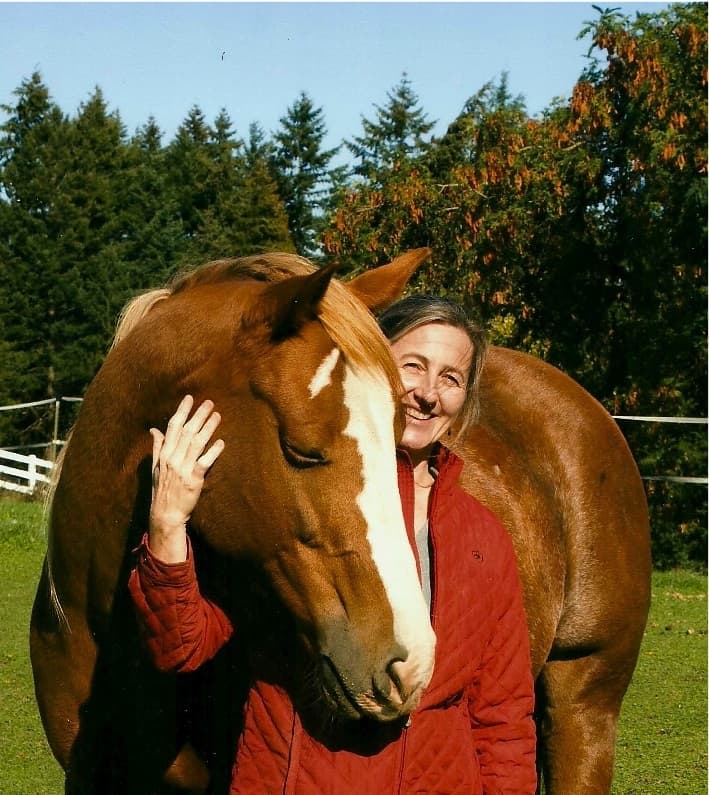Is Your Horse a ‘Right-Handed Optimist’?

Are you right-handed or left-handed? When you take a step, do you start with your right or your left foot? And does your “motor laterality” reflect the way you think and feel? It appears to in horses.
In a study published in the journal Animals1, Isabell Marr, MSc; Kate Farmer, MA; and Konstanze Krüger, PhD, found a link between “motor laterality” and “cognitive bias”; right-sided horses tended to be optimistic and left-sided horses were more pessimistic. Asymmetry in a horse’s limb use predicted positive and negative thinking, a finding that has practical applications to animal welfare science.
What is motor laterality bias?
A left-handed person could be said to have a left-forelimb motor bias. Horses also show forelimb biases that your farrier might discover from the hoof wear patterns. When your horse lowers its head to graze, the same forelimb is often positioned in front. In this resting state, Thoroughbreds appear to have a left-forelimb bias whereas Quarter Horses are more ambilateral
Create a free account with TheHorse.com to view this content.
TheHorse.com is home to thousands of free articles about horse health care. In order to access some of our exclusive free content, you must be signed into TheHorse.com.
Start your free account today!
Already have an account?
and continue reading.

Written by:
Robin Foster, PhD, Cert. Applied Animal Behaviorist (CAAB), Cert. Horse Behavior Consultant (CHBC)
Related Articles
Stay on top of the most recent Horse Health news with











